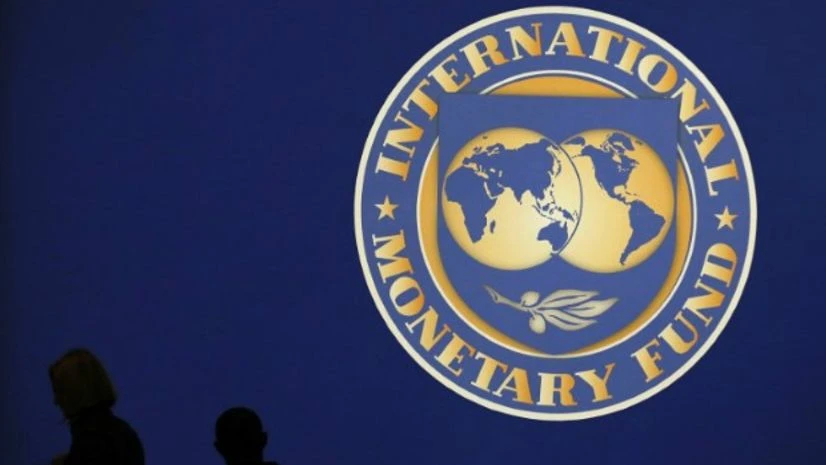The International Monetary Fund (IMF) has underlined the importance of sustaining growth in emerging markets and developing economies, as they face less supportive external environment.
In the analytical chapters of its flagship World Economic Outlook report, the IMF on Monday said emerging markets and developing economies may face less supportive external environment going forward than they experienced for long stretches of the post-2000 period.
These economies have become increasingly vulnerable to terms of trade, external demand and external financial conditions, as they have integrated into the global economy, Xinhua news agency cited IMF as saying.
According to the study, emerging market and developing economies are likely to experience a weaker growth from external conditions than in the past, in view of the slow economic recovery from the global financial crisis, increasing the risk of protectionism in advanced economies and the tightening of monetary policy in the US.
However, the IMF said these economies could still manage through the weaker growth by strengthening their institutional frameworks, protecting trade integration, permitting exchange rate flexibility and containing vulnerabilities from high current account deficits and large public debts.
In a separate study, the IMF found the labour income share declined in 29 of the largest 50 economies, and those 29 economies accounted for about two-thirds of the world GDP in 2014.
More From This Section
The labour's share of income declines when wages grow more slowly than productivity, and the result is that a growing fraction of productivity gains has been going to capital, said the IMF.
Thus, the declines in labour income share are likely to raise income inequity, it added.
It found that technology is the largest contributor to the declines in the labour's share of national income in a large majority of countries. Global integration has also played a role in the falling labour income share, said the IMF.

)
